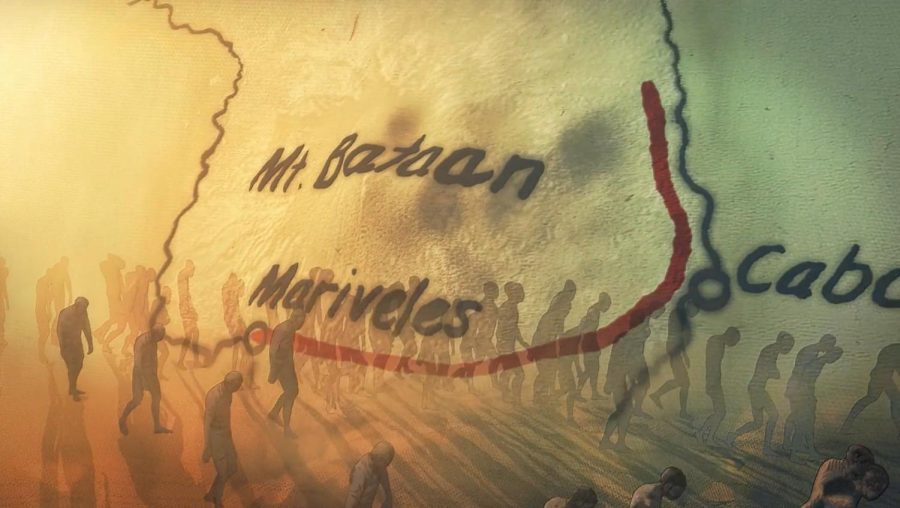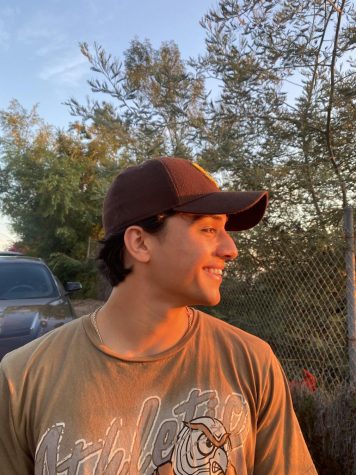T.S. Botkin’s documentary, “A Long March”, gives insight into the struggles that Filipino World War II veterans faced while they served their country–and in the decades that followed.
“The goal was always for me not so much to tell the story, but to create the platform for it to come through,” said Botkin.
When asked what inspired her, Botkin remembered her aunt. Her aunt was a collector of various memorabilia, and after her passing Botkin was asked by her uncle to help scour through her collections.
In one large wooden box, she found paintings of what was later understood to be depictions of the infamous “Bataan Death March” that took place during World War II, taking the lives of countless American soldiers, specifically Filipino-Americans.
“We didn’t know what the story was, we knew there was significance, but we didn’t fully understand it…and then it started coming together,” said Botkin.
After multiple successful screenings, including one at the 2022 GI Film Festival San Diego, “A Long March” streaming and Q&A with director T.S Botkin illuminated the screens of SDCCD students.
Presented in collaboration with the San Diego Filipino Cinema, Botkin’s 81-minute film sheds light on the untold stories of Filipino veterans Celestino Almeda, Rudy Panaglima, and Feleciana Reyes. The documentary based itself around the “Bataan Death March”, a march that began the same day as Pearl Harbor, some twenty thousand miles away on the Philippine island of Luzon. An estimated 60 to 80 thousand Filipino and American prisoners were forced on a 65 mile march from Mariveles to San Fernando–only 54,000 survived.
Professors from all three SDCCD colleges, City, Miramar, and Mesa College, moderated the Q&A with director T.S Botkin. The professors–Jhelen Ramirez, Kirin Macapugay, Judy Patacsil, and Jeniffer Derilo–all being descendants of survivors from the march, expressed the impact the film had both personally, and on the Filipino-American community.
“There’s something about feeling ‘seen’ in a history book, even if you’re not personally named. When I saw ‘A Long March’, I knew instantly that my lolo [grandfather] was part of that, so I felt connected,” said professor Derilo.
The documentary highlighted the Congressional Gold Medal ceremony, held in 2017, that continues to honor more than 250,000 Filipino veterans, however, it stresses the continuous uphill battle these veterans face today.
Professor Macapugay said, “It touches us deeply because we are from the Philippines, but this is a human rights issue. There are these issues that, yes, lay in history, but they still continue today”.




